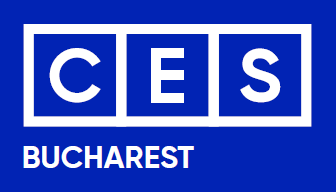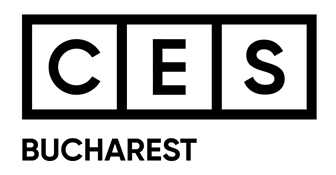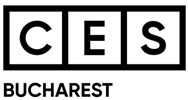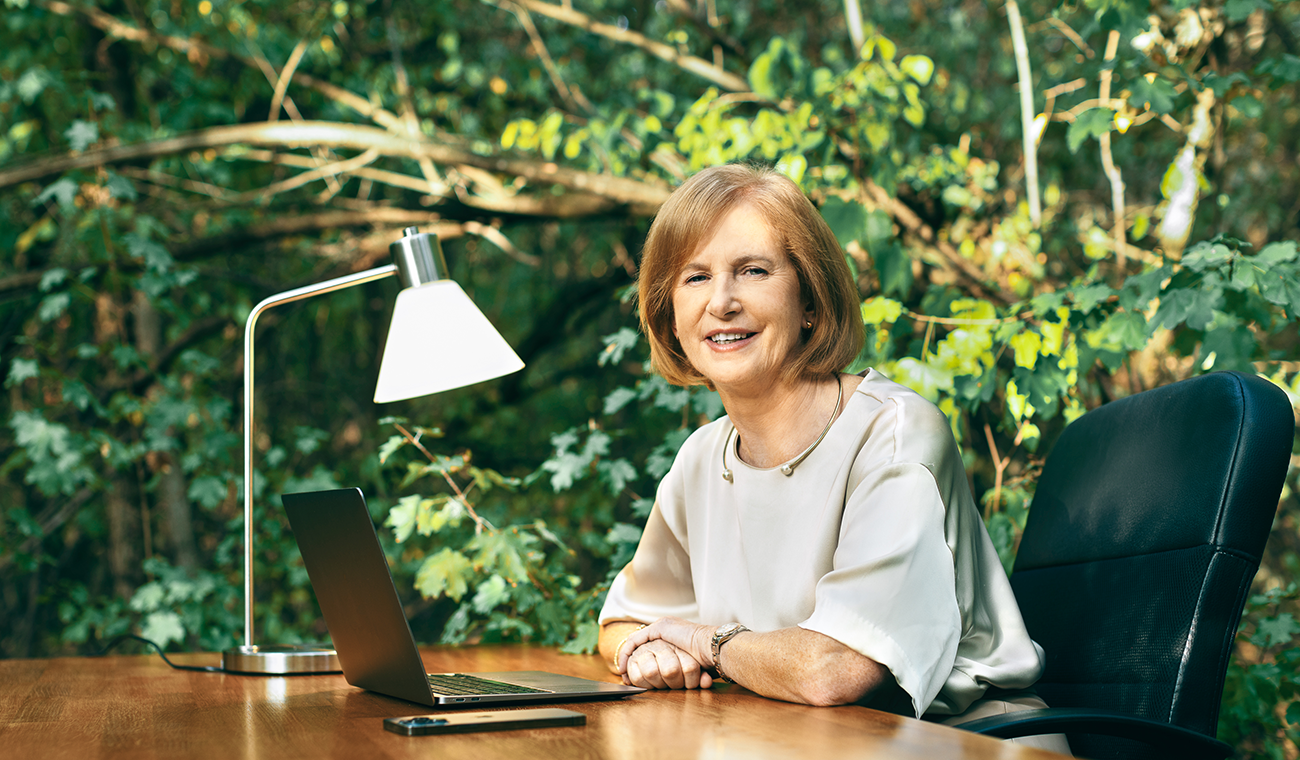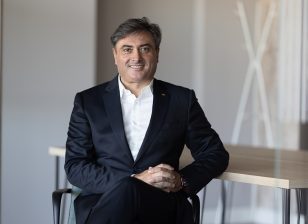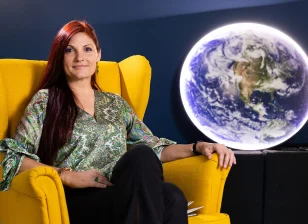Gemma Webb, RetuRO: Romania’s DRS Driving Circular Economy, Investment and Cultural Change
Romania has quickly emerged as a European frontrunner in the transition to a circular economy, thanks to the nationwide rollout of its Deposit Return System (DRS). Since its launch at the end of 2023, the system has collected more than 6.3 billion beverage containers, simultaneously reducing landfill waste, securing high-quality recyclable materials for local industry, and embedding new sustainable habits into everyday life, as Gemma Webb, CEO of RetuRO SGR highlights for CES Bucharest.
In this interview, RetuRO official emphasizes on how the DRS is reshaping Romania’s economic and environmental landscape, creating the infrastructure for long-term sustainable growth, and positioning the country as a credible leader in circular economy solutions. From attracting sustainable investment to inspiring a cultural shift toward responsibility, Romania’s journey is both ambitious and instructive.
As the system continues to evolve, challenges remain — particularly in ensuring inclusivity across rural communities and optimizing efficiency at scale. But with strong public participation and a commitment to innovation, the DRS stands as a model for how policy, business, and society can align to build a cleaner, more sustainable future.
How do you believe Romania’s implementation of the Deposit Return System is influencing the country’s economic and environmental future?
Romania’s decision to implement the Deposit Return System (DRS) is reshaping the way the country turns waste beverage packaging into valuable resources. Today, with one of the largest systems of its kind in Europe in operation, Romania has built the foundation of a circular economy, one in which packaging is no longer treated as waste, but collected, recycled, and reintroduced into the economy for the production of new packaging.
This transformation is already generating economic impact. By ensuring a steady flow of high-quality materials for national recyclers, the Deposit Return System is strengthening the local recycling industry and reducing the country’s dependence on imported recyclable materials. At the same time, it has accelerated demand for logistics infrastructure, new technology, and created the conditions for new jobs, developments that will contribute to growth across the wider economy in the future.
The environmental benefits are significant. Since the implementation of the DRS in Romania, over 6.3 billion beverage containers have been collected, preventing huge volumes of packaging from ending up in landfills and helping to create a cleaner environment nationwide. Another important change we are seeing is cultural. For many Romanians, returning containers is already part of daily life, and the habits being built today are helping shape a cleaner, more sustainable future for the next generations.
What role do you think the system plays in attracting sustainable investment and in positioning Romania as a leader in this space?
The Deposit Return System is already helping to create the right conditions for sustainable investment in Romania. By creating a transparent, large-scale infrastructure that guarantees long-term stability, the system provides the predictability that investors are seeking when deciding where to develop long-term projects.
Equally important, the system enhances Romania’s visibility on the European stage. By designing and rolling out such a complex, integrated model in such a short time Romania has positioned itself as a credible leader in building the infrastructure of the circular economy. This progress can help strengthen investor confidence and encourage international partners to look at Romania as a market moving in line with Europe’s long-term sustainability goals.
How would you describe the way Romanians have responded to the system so far, and what does that say about public attitudes toward sustainability?
Romanians are the true driving force behind the success of the Deposit Return System, and their response has been fantastic. For a year now, return rates have consistently remained around 80%, showing that people are eager to take an active role in protecting the environment when provided with a clear and accessible solution.
Equally inspiring is the transformation taking place within communities. Families are bringing their children into the habit of returning containers, passing on responsibility in a way that feels natural. Through this simple act, they are shaping the mindset of a new generation and laying the foundation for lasting change. Our aim is for returning containers to become more than a duty; to become a shared value that unites communities and inspires pride in building a cleaner country.
What are the key challenges and objectives for RetuRO on a mid-term perspective?
In the medium term, our priority is to consolidate the Deposit Return System so that it operates at maximum efficiency and continues to deliver steady increases in return rates. The challenge ahead is not only to sustain the progress achieved so far, but also to ensure that the system becomes increasingly cost-efficient over time.
A central focus will be on inclusivity. While adoption in urban areas has advanced quickly, in rural communities the pace has been more gradual. This underlines the importance of making access to the system simple and convenient for everyone, regardless of where they live. Achieving this will depend on strong partnerships with local authorities, local retailers, and communities, and we remain fully committed to maintaining close collaboration with all our partners to make this goal a reality.
At the same time, we will continue optimizing the system. We are working on strengthening logistics, improving the purity of collected materials, enhancing digital traceability, expanding sorting capacity, and accelerating automation. In parallel, we are deploying mobile RVMs — an innovative solution designed to reach even the most remote communities and support small retailers in rural areas.
Looking ahead, we believe the Deposit Return System can serve as a catalyst for positive change, supporting environmental progress, economic opportunity and helping Romania take meaningful steps toward a stronger role in the circular economy on the European stage.
Gemma Webb, CEO, RetuRO SGR is Keynote Speaker at CES ESG Conference 2025, on September 18th in Bucharest. Read more
